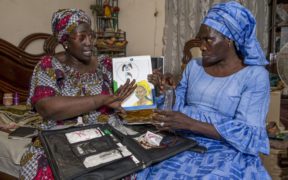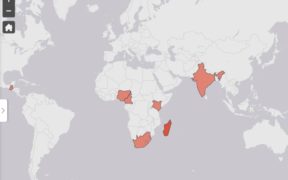Tag:
self-injection

Obtenez des perspectives sur le rôle essentiel des directives d'auto-soins du Sénégal et leur impact sur les objectifs de santé reproductive. Plongez également dans l'intersection entre la gestion des connaissances et les directives d'auto-soins, mettant en lumière les efforts collaboratifs entre le Sénégal et Knowledge SUCCESS.
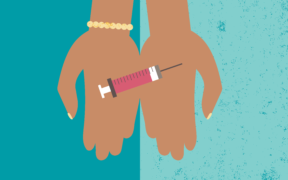
Dans le contexte de la pandémie de Covid, l’autosoin est apparu comme une approche pratique et importante permettant de réduire la pression sur les systèmes de santé mis à rude épreuve, de réduire les inégalités d'accès à la santé et d'améliorer les résultats en matière de santé, en particulier pour les plus vulnérables. Promouvoir l’autosoin à travers un fort engagement des différentes parties prenantes de la santé, y compris le secteur privé et public peut se révéler fructueux au Sénégal. Et, un accompagnement adéquat à la pratique de l’autosoin peut aider les gens à gérer leur propre santé et permettre aux systèmes d'être mieux équipés pour atteindre la couverture sanitaire universelle (CMU).
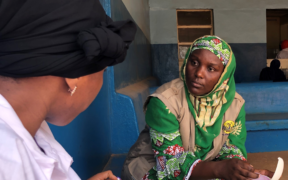
Le 23 février 2022, le projet Expanding Effective Contraceptive Options (EECO) dirigé par WCG Cares avec Population Services International (PSI) et financé par l'USAID, et le Collaboratif pour l’Accès au DMPA-SC de PATH-JSI ont organisé un webinaire sur l’introduction et la mise à l’échelle des méthodes de planification familiale (PF) auto-soins en Afrique subsaharienne.

Working alongside family planning advocates, Jhpiego Kenya applied the nine-step SMART advocacy approach to engage stakeholders in the creation of a new pharmacist training package. The updated curriculum includes that includes instruction on providing contraceptive injectables DMPA-IM and DMPA-SC.
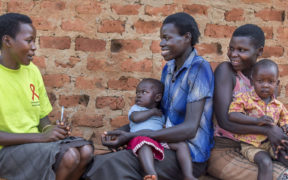
Health care systems across the globe have always been based on a provider-to-client model. However, the introduction of new technology and products, and the increasing ease of access to information, has caused a shift in how health services can be delivered—placing clients at the center of health care. Various health areas, including sexual and reproductive health and rights (SRHR), have embraced self-care interventions. These methods increase access to and use of essential health services. This is especially important as health care systems become increasingly overburdened, coupled with the urgency to respond to individuals’ and communities’ SRHR needs across all life stages.

FHI 360’s Catherine Packer shares a personal perspective on DMPA-SC’s past ten years, from early research to recent workshops. Since its introduction—and particularly since it became available for self-injection—DMPA-SC has become an important part of the global family planning and reproductive health landscape.
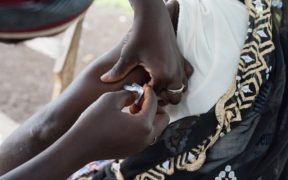
Recap of a webinar on high-impact approaches to support the introduction and scale-up of the self-injectable contraceptive DMPA-SC in Francophone family planning programs in Burkina Faso, Guinea, Mali, and Togo.
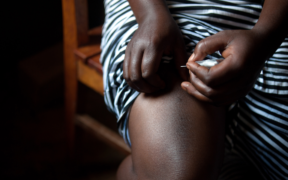
Providing women with containers for DMPA-subcutaneous (DMPA-SC) storage and sharps can help to encourage safe self-injection practices at home. Improper disposal in pit latrines or open spaces remains an implementation challenge to safely scaling this popular and highly effective method. With training from health providers and a provided puncture-proof container, self-injection clients enrolled in a pilot study in Ghana were able to appropriately store and dispose of DMPA-SC injectable contraceptives, offering lessons for scale-up.



